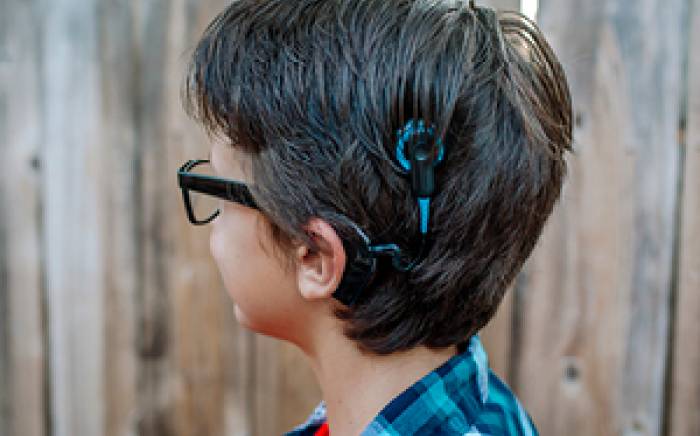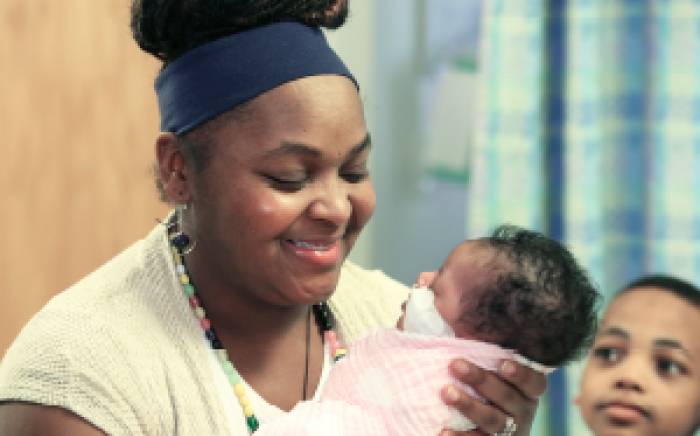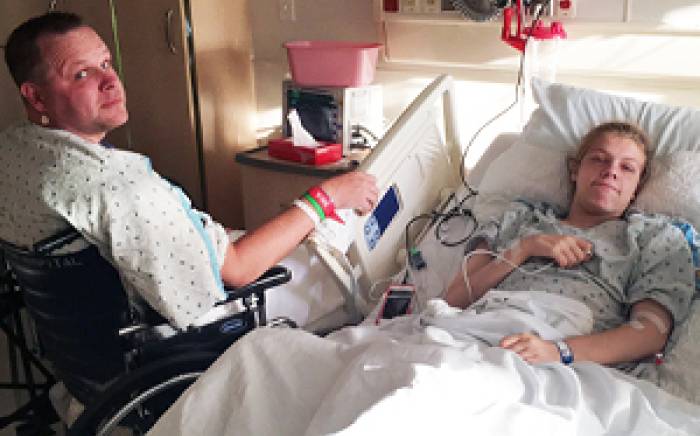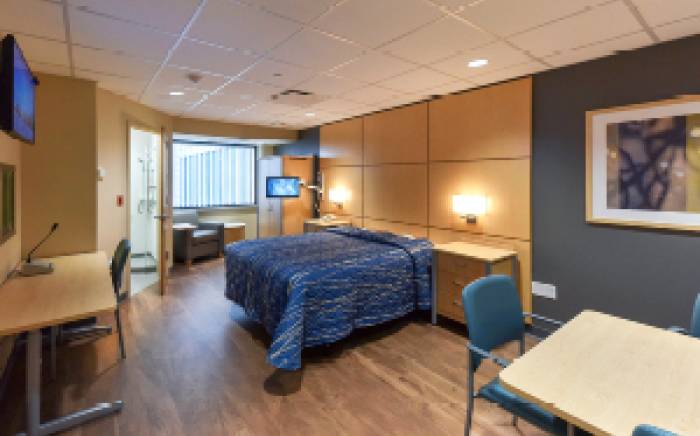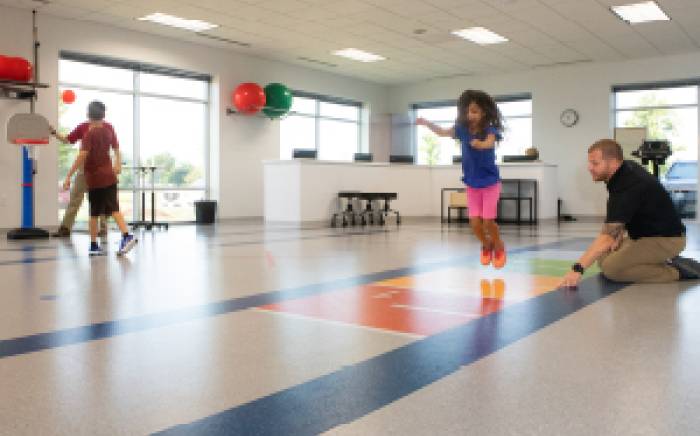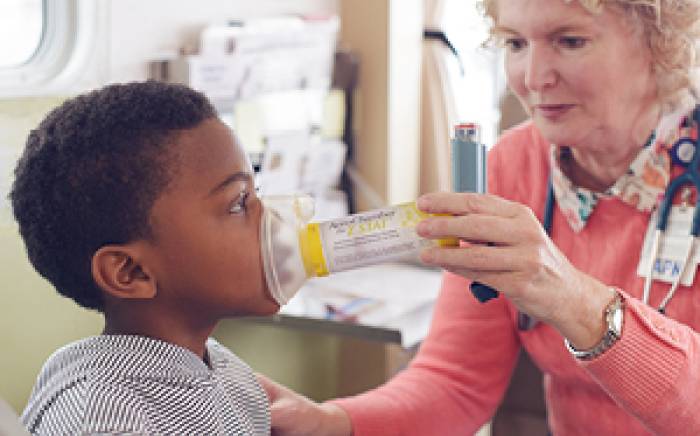By Pam McGrath
 Washington University pediatric critical care physician Jay Malone, MD, MS, has been appointed medical director of ethics at St. Louis Children’s Hospital. In this new position his responsibilities include directing hospital-based clinical ethics initiatives such as education of faculty, staff and trainees, and improving the quality of clinical ethics consultation services. He also serves as co-chair, along with Peter Michelson, MD, of the ethics subcommittee of the Children’s Medical Executive Committee (CMEC).
Washington University pediatric critical care physician Jay Malone, MD, MS, has been appointed medical director of ethics at St. Louis Children’s Hospital. In this new position his responsibilities include directing hospital-based clinical ethics initiatives such as education of faculty, staff and trainees, and improving the quality of clinical ethics consultation services. He also serves as co-chair, along with Peter Michelson, MD, of the ethics subcommittee of the Children’s Medical Executive Committee (CMEC).
“There’s a good deal of evidence that shows ethics programs can have a strong impact on a hospital’s organizational culture and on professional quality of life for all health care professionals,” says Dr. Malone. “In addition, it’s been shown that well-run hospital ethics programs produce concrete benefits for employee morale and patient trust and satisfaction.”
In broad terms, Dr. Malone defines ethics as the moral principles that govern people’s behavior. In a health care system, he describes it as the manner in which people make decisions that impact their professional identity and their interactions with patients.
“Ethics consultations are requested for a wide variety of reasons, but some of the most common are when providers are seeking help in understanding the options that exist for providing care to a patient with limited remaining alternatives for treatment,” he explains. “The ethics medical director and ethics subcommittee become involved when there are questions about what type of care is appropriate or inappropriate.”
Other examples of ethics dilemmas that arise include parents not wanting to reveal a diagnosis to their child, families seeking interventions that the medical team does not support, when to use scarce resources, and how to respond to families’ differing religious backgrounds and cultures.
“Another vital role of this position is helping members of the CMEC’s ethics subcommittee learn from our professional colleagues about particular challenges faced within individual disciplines,” says Dr. Malone. “This understanding will better position the subcommittee to respond knowledgeably when ethical dilemmas arise.”
Dr. Malone believes creating this new position demonstrates the hospital’s ongoing commitment to providing the best experience possible for patients and their families. “It also provides access for community physicians affiliated with Children’s Hospital to ethics consultations should dilemmas arise in their practices,” he says.
Dr. Malone holds a master of science in health care ethics from Creighton University, Omaha, Nebraska. He also has completed a master of arts in health care ethics from Saint Louis University, which will lead to his receiving his PhD in the discipline in March.

